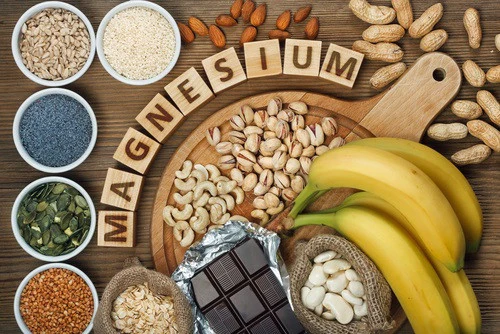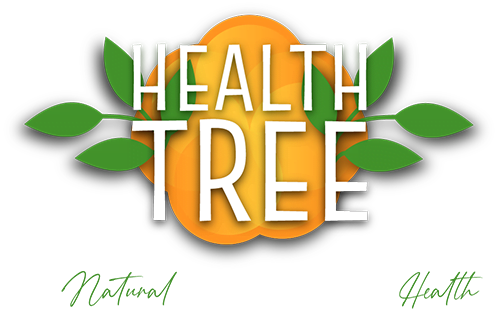Most people know that a well-rounded diet is essential to good health, and that includes getting enough vitamins and minerals each day. One mineral that is often overlooked, however, is magnesium. This is one of the most vital minerals out there, and your body needs it, but it doesn’t get much press in the world of nutrition.
A lot of dieting guides say that that is important and that it should be included as part of your diet, but few of them actually say why it is important. We are going to look at this mineral and talk about why magnesium is so essential.
What effect does magnesium have on our health and our diet?
It keeps our cells working properly, and it ensures that cells do the functions that they are supposed to. If you didn’t have magnesium, your cells wouldn’t be able to make enough of the right kind of molecules to work well at all. Magnesium also helps to build up cell membranes, and it keeps the cells’ electrolyte levels balanced.
Magnesium, since it works at a cellular level within the body, is necessary for the proper growth of muscles, bones and nerves. It also serves to boost energy production and help the central nervous system to work like it should. It can even aid the cells as they absorb calcium.
If your magnesium levels are not in balance, then you may be at higher risk of diabetes, high blood pressure and cardiac arrest. You may also be susceptible to bone disease and other ailments. If you have the right balance of magnesium, though, you can enjoy better health, and you may not have to suffer from such severe symptoms resulting from stress, premenstrual syndrome, migraines, digestive issues and bone deficiency.
Balanced levels of magnesium have been shown to severely reduce stress symptoms, prevent migraine headaches, boost bone and dental health and counteract constipation and indigestion. It helps out so many bodily processes that it is incredible to think that it is often overlooked.
How much should you be taking?
The recommended daily dosage will vary depending on how old you are, your gender and your overall health. We recommend you look at the charts available on the Australian National Health and Medical Research Council’s website to get an idea of how much you should be getting.
Which foods contain the most magnesium?
There are lots of foods that contain magnesium, but the ones where it is most commonly found are nuts, seeds, dark green veggies and whole grains.
Pretty much any food that is rich in fibre is a good place to find magnesium, and that means there are lots of great sources for this essential mineral.
Some foods that contain the most magnesium are sunflower seeds (particularly when roasted), spinach, almonds (when roasted), black beans, grains, brown rice, peas, fish, avocadoes, peas, broccoli, dark chocolate, bananas and most dried fruit. You can also get magnesium from a few meats, including bacon, heart, liver, chicken, turkey and steak.
Is it possible to get too much magnesium?
If you feel you are already getting enough magnesium, then you might be worried about getting too much, if you follow conventional dieting advice. It’s always best to talk to a nutritionist to find out what your dietary needs are, and make sure that any magnesium increase you are trying for is part of a balanced diet. Magnesium has not been shown to produce any negative side effects when you consume it through food, so there’s nothing to worry about.
It’s always good to keep a nice balance, though, and too much of any good thing can be problematic. So, just keep that in mind as you plan your diet out.
This is one of the best minerals you can consume, and you need to be careful that you don’t have a magnesium imbalance in your body. If you eat a healthy and balanced diet, then that shouldn’t be a problem. You should also be able to get all the other vitamins necessary for good health that way. There are tons of foods that have magnesium in them, and if you are eating what is considered a healthy and balanced diet, you shouldn’t have to worry much about if you are getting enough. However, the USDA estimates that close to 50% of people don’t get enough magnesium in their diet. Just be sure that you avoid the processed foods and focus on getting natural stuff to help keep your magnesium levels balanced.



